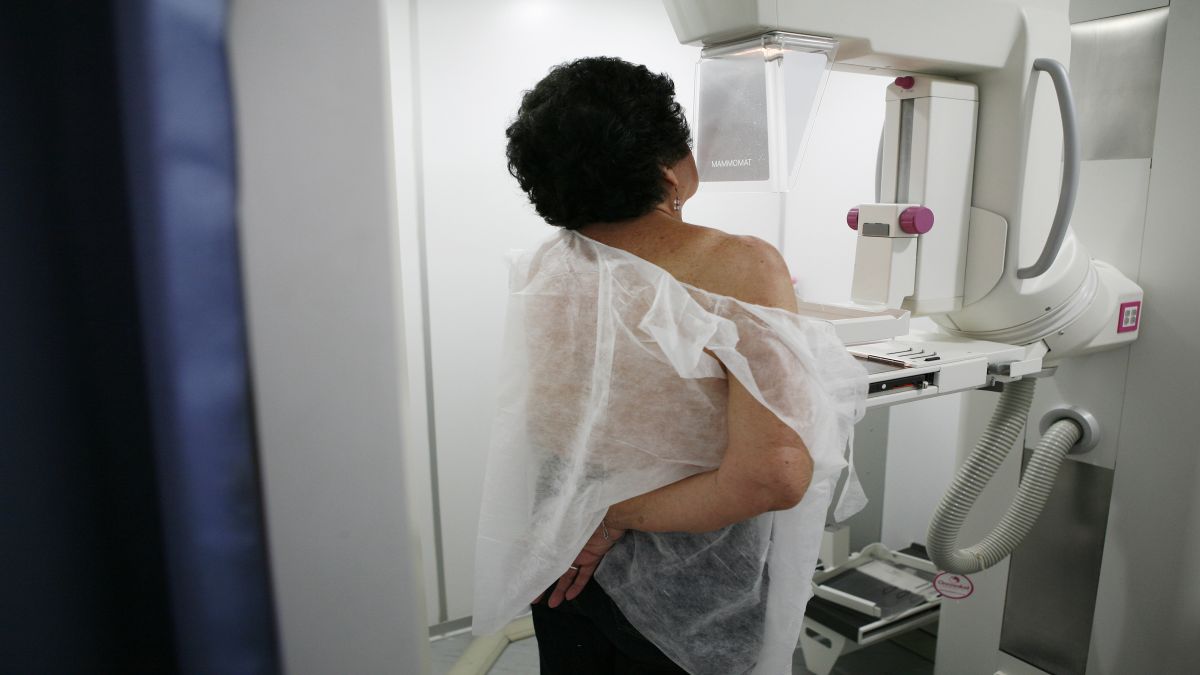Artificial intelligence has proven to be helpful in identifying more cases of breast and ovarian cancer. Studies conducted in Germany and Sweden have shown that AI models can outperform doctors and medical experts in detecting these cancers.
read more
Artificial intelligence has proven to be helpful in detecting breast and ovarian cancer and could even outperform doctors in identifying the deadly disease, Nature Medicine reported citing studies done in Germany and Sweden.
According to a study conducted in Germany, AI helped detect more cases of breast cancer compared to when the technology was not used. Radiologists in the AI-supported screening detected breast cancer at a rate of 6.7 per 1,000, which is statistically higher compared to the 5.7 per 1,000 rate in the control group
Moreover, a study from Sweden’s Karolinska Institutet shows that AI models can outperform physicians and radiologists in detecting ovarian cancer in ultrasound images.
AI detected more cases in mammograms
In mammogram screening, AI detected more cases compared to the process conducted without the help of technology. A mammogram is an X-ray image of the breast that is used to identify abnormalities, including tumours or cancer in the organ.
A large study on the use of AI for breast screening was conducted in Germany. Nearly 500,000 women participants in it.
The study showed that AI technology could enhance the efficiency of the screening process while maintaining accuracy and preventing an increase in false breast cancer detections.
Cancer epidemiologist Alexander Katalinic emphasised that AI performs well as compared to human doctors or radiologists when it comes to analysing mammograms.
“AI in mammography screening is at least as good as a human reader, and our study shows it’s even better,” said Katalinic.
The researchers at Sweden’s Karolinska Institutet created AI-based models that can distinguish between benign and malignant ovarian lesions.
Ovarian lesions refer to abnormal growths or masses that form on or within the ovaries. These lesions can be classified as either benign or malignant. A benign tumour is non-cancerous, grows slowly, and does not spread, while a malignant tumour is cancerous and grows rapidly.
The researchers trained and tested the AI using over 17,000 ultrasound images from 3,652 patients across 20 hospitals in eight countries.
The AI models were more accurate than both expert and non-expert while examining ultrasound in detecting ovarian cancer. It also helped in determining the type of benign and malignant ovarian lesions with more accuracy.
The models showed an accuracy of 86.3 per cent, while the expert examiners had an accuracy of 82.6 per cent, and the non-experts had 77.7 per cent.
“Ovarian tumours are common and are often detected by chance,” said Professor Elisabeth Epstein.
“There is a serious shortage of ultrasound experts in many parts of the world, which has raised concerns of unnecessary interventions and delayed cancer diagnoses. We therefor wanted to find out if AI can complement human experts”, said Epstein.

)





